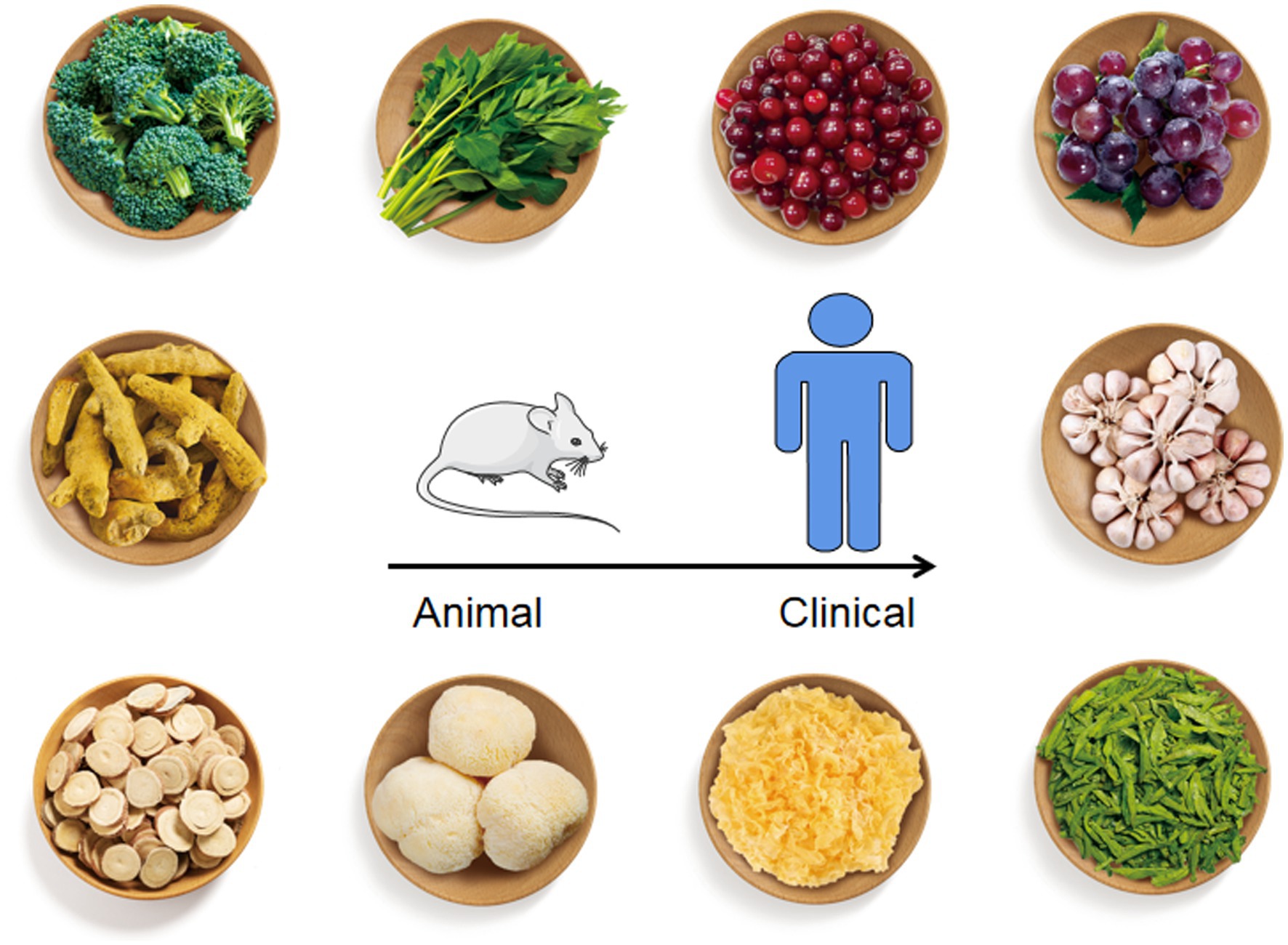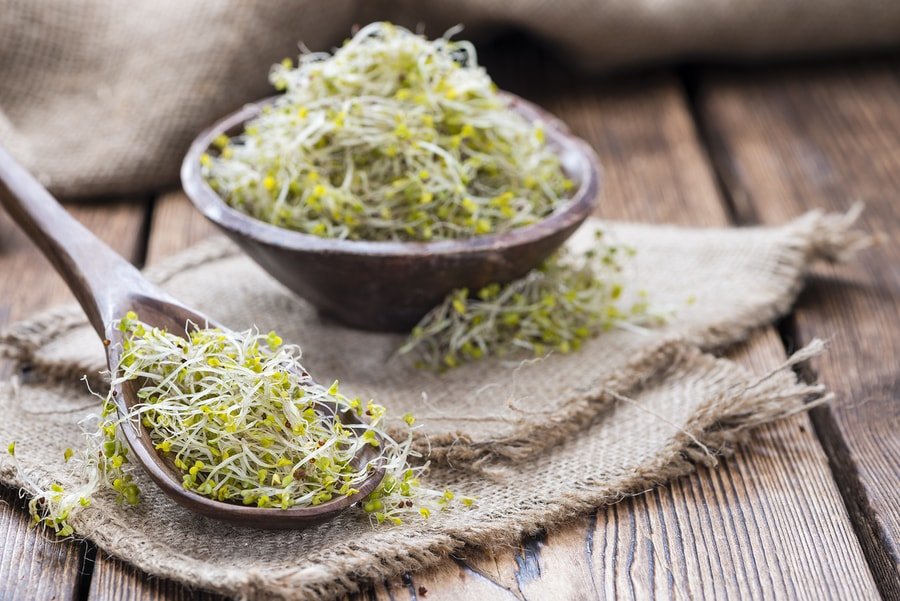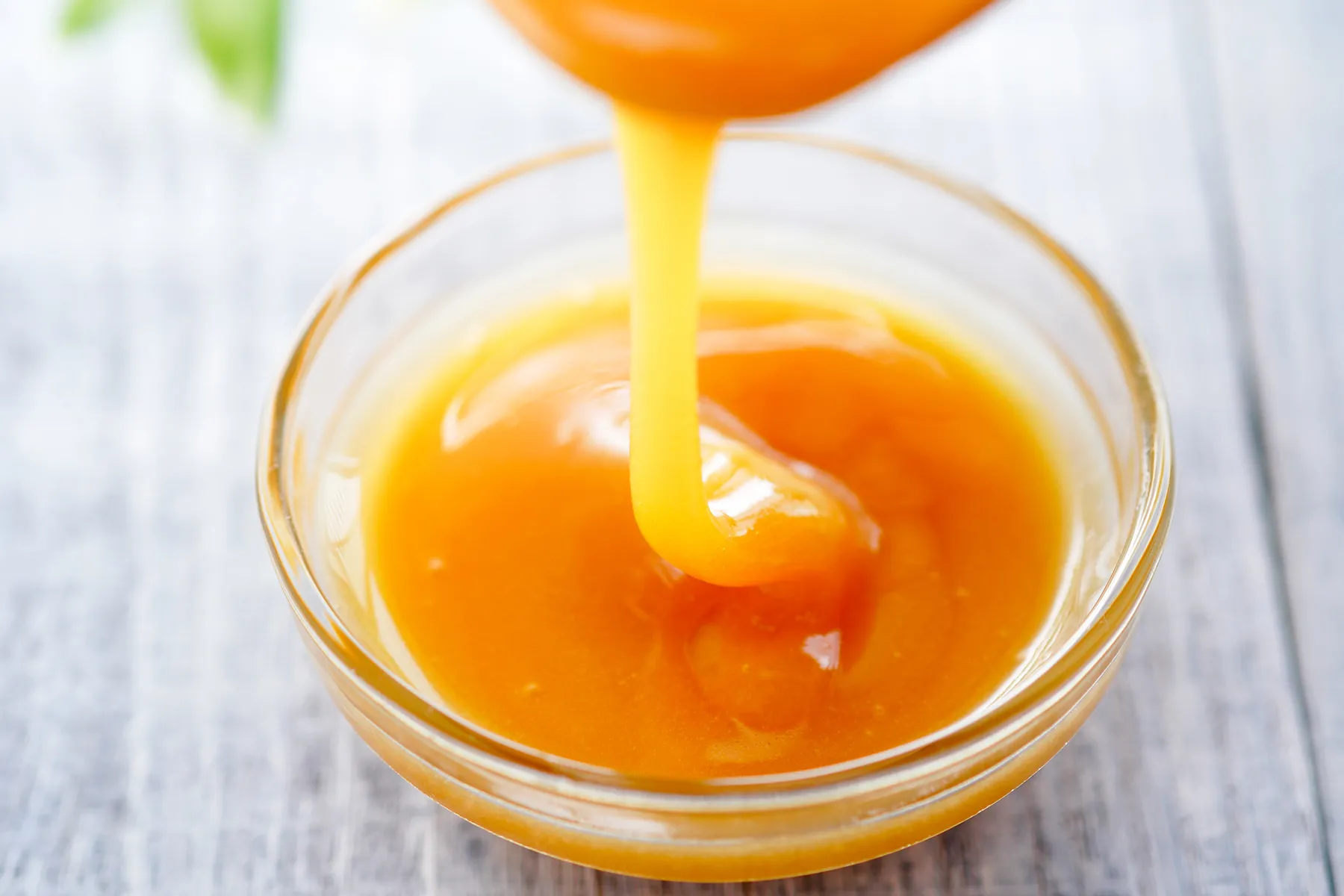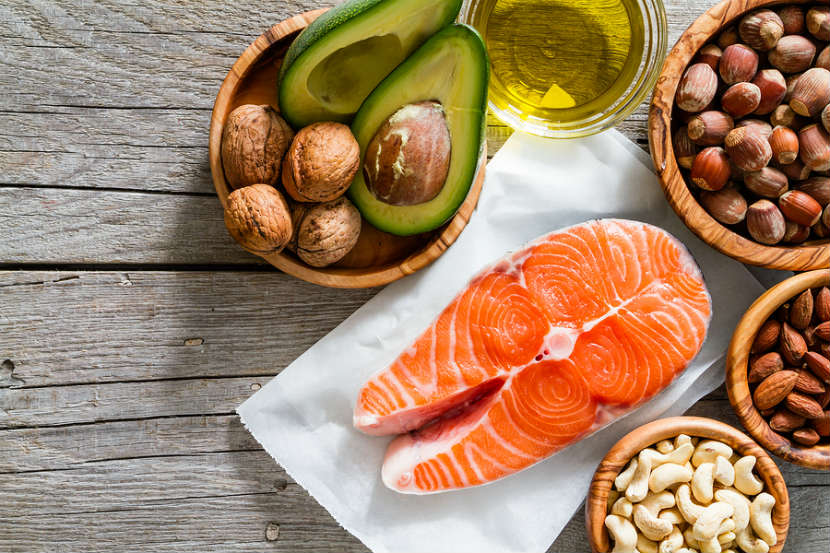Helicobacter pylori (H. pylori) is a type of bacteria that lives in the stomach lining. It’s one of the most common bacterial infections worldwide and is a leading cause of gastritis and peptic ulcers. According to the World Health Organization (WHO) and Centers for Disease Control and Prevention (CDC), standard treatment usually involves antibiotics.
However, some people look for natural options — either to complement medical care or when antibiotics are not immediately accessible. While natural remedies cannot replace professional treatment, certain foods and lifestyle changes may help reduce bacterial load, support healing, and improve digestive health.

1. Probiotics for Gut Support
Why they help: Probiotics are beneficial bacteria that can help restore balance to the gut microbiome.
Evidence:
-
A review in the World Journal of Gastroenterology found that certain probiotic strains, especially Lactobacillus and Bifidobacterium, may reduce side effects of H. pylori treatment and modestly improve eradication rates.
-
Probiotics may also help strengthen the stomach’s mucosal barrier.
Sources: Yogurt with live cultures, kefir, sauerkraut, kimchi, miso, or high-quality probiotic supplements.
2. Green Tea Polyphenols
Why it helps: Green tea contains catechins, plant compounds with antioxidant and antibacterial effects.
Evidence:
-
Laboratory studies suggest green tea may inhibit H. pylori growth.
-
An animal study published in the Journal of Gastroenterology indicated green tea polyphenols reduced H. pylori-induced inflammation.
How to use: Drink 2–3 cups of unsweetened green tea daily as part of a healthy diet.

3. Broccoli Sprouts and Sulforaphane
Why they help: Broccoli sprouts are rich in sulforaphane, a compound with potential antimicrobial properties.
Evidence:
-
A study in Cancer Prevention Research found that participants who consumed broccoli sprouts daily for eight weeks showed reduced levels of H. pylori and less gastric inflammation.
How to use: Add fresh broccoli sprouts to salads, smoothies, or wraps.

4. Manuka Honey
Why it helps: Manuka honey has natural antibacterial activity due to methylglyoxal content.
Evidence:
-
Laboratory studies show that Manuka honey can inhibit H. pylori growth.
-
Human evidence is limited, so it’s best viewed as a complementary approach.
How to use: Take 1 teaspoon daily, either on its own or in warm water (not boiling, to preserve nutrients).

5. Garlic and Allicin
Why it helps: Garlic contains allicin, which may help combat harmful bacteria.
Evidence:
-
Some in vitro studies have shown antibacterial effects against H. pylori, though clinical results vary.
How to use: Add fresh, crushed garlic to meals; raw garlic may have stronger effects than cooked.

6. Omega-3 Fatty Acids
Why they help: Omega-3s may reduce inflammation in the stomach lining.
Sources: Fatty fish (salmon, sardines, mackerel), flaxseeds, chia seeds, walnuts.
Evidence: Research in Clinical Nutrition suggests omega-3s may help reduce H. pylori-related gastritis.

7. Anti-Inflammatory Diet
A diet rich in vegetables, fruits, legumes, whole grains, nuts, and lean proteins can help the body heal and reduce irritation in the stomach.
Avoid:
-
Excess alcohol
-
Spicy, heavily fried, or processed foods
-
High-sugar snacks and beverages
Focus on:
-
Leafy greens (spinach, kale)
-
Berries
-
Healthy fats (avocado, olive oil)
8. Stress Management
Why it matters: Chronic stress can worsen digestive symptoms and impair immune function.
Tips:
-
Practice deep breathing or meditation
-
Engage in light physical activity such as walking or yoga
-
Maintain consistent sleep patterns
9. Good Hygiene Practices
Because H. pylori can spread through contaminated food and water, following proper hygiene can help prevent reinfection:
-
Wash hands before eating
-
Drink safe, filtered water
-
Avoid undercooked foods in high-risk areas
When to See a Doctor
Natural approaches may help manage symptoms, but medical evaluation is essential if you experience:
-
Persistent stomach pain
-
Blood in stool or vomit
-
Ongoing nausea or bloating
-
Unexplained weight loss
Untreated H. pylori infections can lead to ulcers and, in rare cases, stomach cancer.
Final Thoughts
While antibiotics remain the most effective treatment for H. pylori, certain natural foods and lifestyle habits can support digestive health and reduce inflammation. Probiotics, green tea, broccoli sprouts, garlic, and a nutrient-rich anti-inflammatory diet are among the most studied approaches.
For best results, combine these strategies with guidance from a qualified healthcare provider. Evidence-based natural remedies can be powerful allies — but they work best alongside professional medical care.
References:
-
National Institute of Diabetes and Digestive and Kidney Diseases (NIDDK) –
-
World Journal of Gastroenterology – Probiotics and H. pylori infection
-
Cancer Prevention Research – Broccoli sprouts and H. pylori reduction
-
Journal of Gastroenterology – Green tea catechins and gastric inflammation
-
Clinical Nutrition – Omega-3 fatty acids and gastritis



